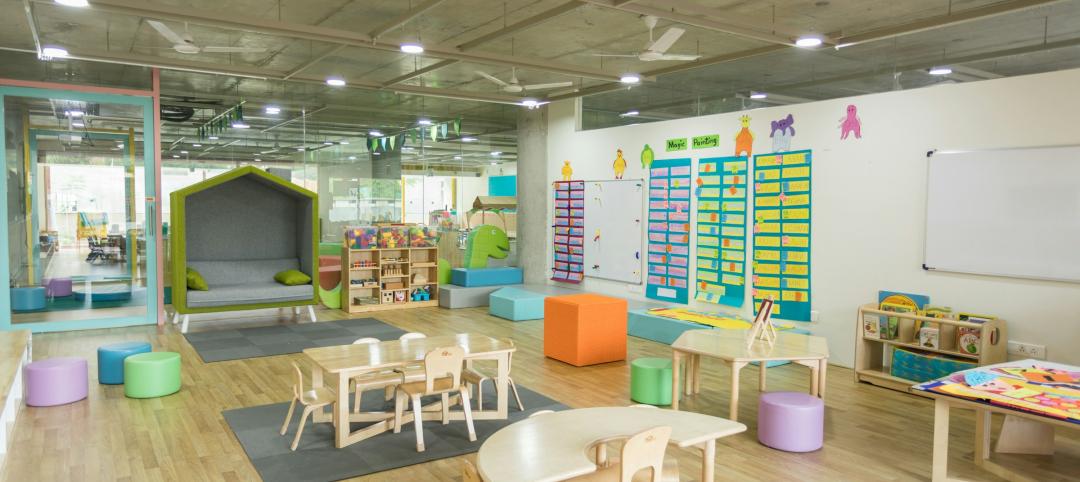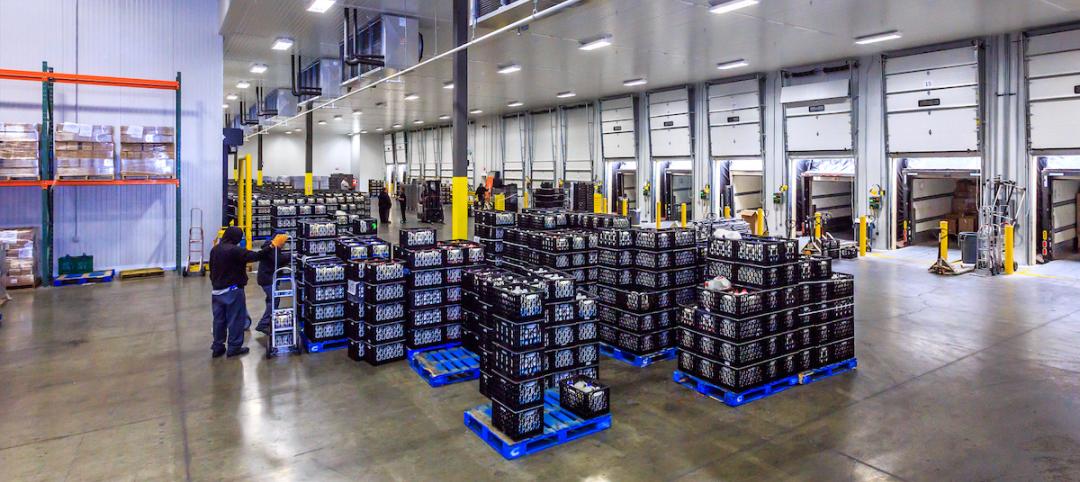The construction industry, whose workforce was decimated during the last recession, is slowly getting back on its feet. However, in certain markets—especially those where oil drilling and production have been prospering—construction workers can still be scarce.
Based on a survey of nearly 1,100 member firms in October, the Associated General Contractors of America (www.agc.org) reported that 83% of respondents were having difficulty finding craft workers, and 61% said other professional positions were hard to fill.
That being said, it appears employment pressures are easing. AGC’S analysis of data from the U.S. Bureau of Labor Statistics finds that construction employers added 12,000 jobs in October, dropping the industry’s unemployment rate to 6.4%, its lowest level since October 2006.
In fact, construction employment in October, at 6,095,000, was the highest it’s been since May 2009, with 231,000 jobs added over the last 12 months, a 3.9% gain.
Residential construction is driving the market’s employment, as 130,600 residential and specialty trade contractor jobs have been added over the past year, representing a 6% increase over the same period in the previous year. Jobs for nonresidential and specialty trades, and heavy and civil engineering, rose by 2.7%, or 99,800, over the past 12 months.
Ken Simonson, AGC’s chief economist, notes that all construction employees worked an average of 39.2 hours per week in October, tying the highest mark since the association has been tracking this data since March 2006. And wages have been rising at their fastest rate—2.6% in the past year—since early 2010.
Still, AGC sees uncertainty in the future construction employment picture, and is calling on government officials to enact measures that would make it easier for school districts, local associations and private companies to establish career and technical education programs.
The Association’s concerns about where the industry is going to find its next generation of labor stem, in part, from its research which shows that its members in the South are most likely to struggle with labor shortages, particularly places like Louisiana where pipeline, refinery, and petrochemical construction jobs have boomed.
That boom has been a double-edged sword, in that the oil industry is grappling to find qualified labor. A recent article posted on the website Industrial Info Resources quotes John Floren, CEO of Methanex, the world’s largest producer of methanol, who said that projected costs for two projects in Geismar, La., rose by $300 million, largely because of labor costs and productivity issues.
And if, as expected, oil-related projects ramp up, labor shortages in Gulf States could become more acute in 2016 and 2017, according to industry observers quoted by Industrial Info Resources.
Related Stories
Multifamily Housing | Apr 12, 2024
Habitat starts leasing Cassidy on Canal, a new luxury rental high-rise in Chicago
New 33-story Class A rental tower, designed by SCB, will offer 343 rental units.
Student Housing | Apr 12, 2024
Construction begins on Auburn University’s new first-year residence hall
The new first-year residence hall along Auburn University's Haley Concourse.
K-12 Schools | Apr 11, 2024
Eric Dinges named CEO of PBK
Eric Dinges named CEO of PBK Architects, Houston.
Construction Costs | Apr 11, 2024
Construction materials prices increase 0.4% in March 2024
Construction input prices increased 0.4% in March compared to the previous month, according to an Associated Builders and Contractors analysis of the U.S. Bureau of Labor Statistics’ Producer Price Index data released today. Nonresidential construction input prices also increased 0.4% for the month.
Healthcare Facilities | Apr 11, 2024
The just cause in behavioral health design: Make it right
NAC Architecture shares strategies for approaching behavioral health design collaboratively and thoughtfully, rather than simply applying a set of blanket rules.
K-12 Schools | Apr 10, 2024
A San Antonio school will provide early childhood education to a traditionally under-resourced region
In San Antonio, Pre-K 4 SA, which provides preschool for 3- and 4-year-olds, and HOLT Group, which owns industrial and other companies, recently broke ground on an early childhood education: the South Education Center.
University Buildings | Apr 10, 2024
Columbia University to begin construction on New York City’s first all-electric academic research building
Columbia University will soon begin construction on New York City’s first all-electric academic research building. Designed by Kohn Pedersen Fox (KPF), the 80,700-sf building for the university’s Vagelos College of Physicians and Surgeons will provide eight floors of biomedical research and lab facilities as well as symposium and community engagement spaces.
K-12 Schools | Apr 10, 2024
Surprise, surprise: Students excel in modernized K-12 school buildings
Too many of the nation’s school districts are having to make it work with less-than-ideal educational facilities. But at what cost to student performance and staff satisfaction?
Industrial Facilities | Apr 9, 2024
Confessions of a cold storage architect
Designing energy-efficient cold storage facilities that keep food safe and look beautiful takes special knowledge.
Cultural Facilities | Apr 8, 2024
Multipurpose sports facility will be first completed building at Obama Presidential Center
When it opens in late 2025, the Home Court will be the first completed space on the Obama Presidential Center campus in Chicago. Located on the southwest corner of the 19.3-acre Obama Presidential Center in Jackson Park, the Home Court will be the largest gathering space on the campus. Renderings recently have been released of the 45,000-sf multipurpose sports facility and events space designed by Moody Nolan.

















